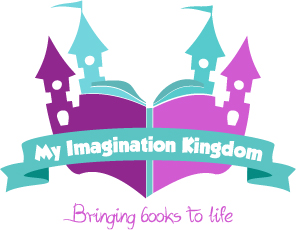Are e-books the same as print books?
Kate Garland, a lecturer in psychology at the University of Leicester in England, is one of the few scientists who has studied this question and reviewed the data. In one study involving psychology students, the medium did seem to matter. Two differences emerged. First, more repetition was required with computer reading to impart the same information. Second, the book readers seemed to digest the material more fully. “What we found was that people on paper started to ‘know’ the material more quickly over the passage of time,” says Garland. “It took longer and [required] more repeated testing to get into that knowing state [with the computer reading, but] eventually the people who did it on the computer caught up with the people who [were reading] on paper.”
Credit: TIME, March 14, 2012, http://healthland.time.com/2012/03/14/do-e-books-impair-memory/
While there's no question that digital reading is going to co-exist with print reading in the years ahead, research between the two platforms is proving that there is at least a need for us to think about this a little more. Studies on this issue, while limited at this stage, do show that eventhough student performance remains the same for both e-reading and print reading, print readers actually retain the information better in the long run.
As a parent, this is an interesting point to note. There is an increasing proliferation of children's books available on devices like the iPad, Kindle and even the iPhone. With the interactivity of these devices, it is tempting to convert a child's library to a wholly digital one. And yet, similar research done for children reflects the same results between e-reading and print reading.
Researchers at the Joan Ganz Cooney Center in New York worked with 32 pairs of parents and their three to six-year-old children for the small study, Print Books vs Ebooks, which gave each family a print book and either a basic ebook or an enhanced ebook version of the same title. Enhanced ebooks were found to distract children from the story, and their bells and whistles prevented children from remembering as many narrative details. Enhanced ebooks should still be valued, however, "for their ability to prompt less motivated young readers toward engagement when they might otherwise avoid text altogether".
Credit: The Guardian, June 7, 2012, http://www.guardian.co.uk/books/2012/jun/07/enhanced-ebooks-bad-for-children
Before we jump at this information and cut out e-books entirely from a child's reading habits, we should note that this is not a debate about whether to read e-books OR print books. Parents should provide a good variety of both as they fulfil different roles in a child's reading experience. To engage a child and get him/her to enjoy reading, e-books are great. However, to ensure that a child's literacy skills genuinely benefit from reading, print books might be a better option. Ultimately, it is about selecting the right books and the right medium to achieve different objectives.



Comments